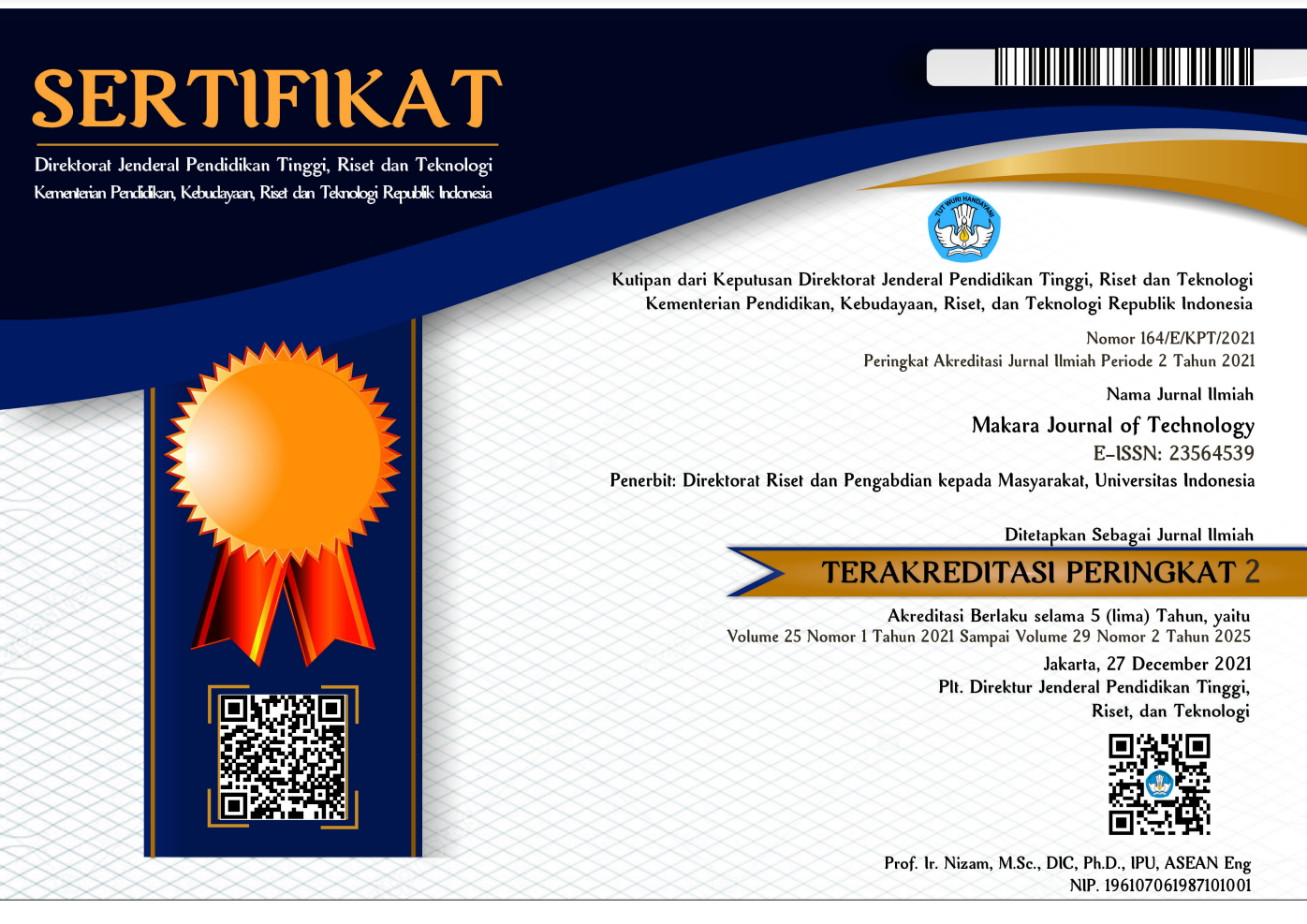Abstract
To solve the electrification ratio issue, the Indonesian government has promoted the use of solar energy-saving lamps. This study proposes a control strategy that adopts current reference time-based profiling for solar energy-saving lamps. For optimal energy consumption, the current reference profile is determined according to users’ daily energy requirements. From the aspect of user comfort, a gradual step reference profile is also introduced to provide a subtle change in lighting intensity level. The proposed control strategy can minimize energy consumption and optimize the operation durability of the system. The concept is verified by simulating four scenarios, the results of which demonstrate the effectiveness of the proposed control strategy. Computational simulation results indicate that Scenarios C and D which adopt the proposed time-based profiling can respectively reduce the daily energy consumption of the conventional control strategy by 47.14% and 39.79%, respectively. In terms of durability in providing electricity, both scenarios can continue to supply electrical power for two days without any solar irradiance. The proposed method can also improve customer service through the comfort provided in Scenario D.
Bahasa Abstract
Salah satu program Pemerintah Indonesia untuk mengatasi isu rasio elektrifikasi adalah dengan memperkenalkan lampu tenaga surya hemat energi. Makalah ini mengusulkan strategi kendali untuk lampu tenaga surya hemat energi dengan menggunakan strategi pengaturan profil arus referensi berbasis waktu. Untuk menghasilkan konsumsi energi yang optimal, profil referensi arus ditentukan sesuai dengan kebutuhan energi harian pengguna. Mempertimbangkan aspek kenyamanan pengguna, profil referensi undak dengan perubahan bertahap diperkenalkan untuk memberikan perubahan level intensitas pencahayaan yang lebih lembut. Strategi arus yang diusulkan dapat meminimalkan konsumsi energi dan mengoptimalkan durasi operasi sistem. Untuk memverifikasi konsep ini, empat skenario di sumulation untuk menunjukkan kefektifan strategi kendali yang diusulkan. Hasil simulasi menunjukkan bahwa Skenario C dan D yang mengadopsi profil berbasis waktu yang diusulkan dapat menghemat konsumsi energi harian sebesar 47,14% dan 39,79% dibandingkan dengan strategi kendali konvensional. Dalam hal ketahanan untuk menyediakan listrik, kedua skenario ini masih dapat bertahan menyediakan data listrik selama dua hari tanpa adanya radiasi matahari. Metode yang diusulkan juga dapat memperbaiki pelayanan ke pelanggan dalam hal kenyamanan pengguna yang dapat dipenuhi oleh Skenario D.
References
- PT PLN (National Electricity Company), Rencana usaha penyediaan tenaga listrik PT. PLN (Persero) 2019-2028, 2019.
- Ministry of Energy and Mineral Resources, PERMEN No. 33 Tahun 2017: Tata Cara Penyediaan Lampu Tenaga Surya Hemat Energi Bagi Masyarakat yang Belum Mendapatkan Akses Listrik, 2017.
- N. Winanti, A. Purwadi, B, Halimi, N. Heryana, The 4th Conference on Power Engineering and Renewable Energy, 2018.
- X. Long, R. Liao, J. Zhou, IET Optoelectron. 3/1 (2009) 40.
- P.M. Morgan, M. Hansen, J.Y. Tsao, Comptes Rendus Phys. 19/3 (2018) 134.
- R.B. Dragomir, R. Dragomir, B. Pantelimon, UPB Sci. Bull. C. 76/4 (2014) 97.
- K. Górecki, P. Ptak, Microelectr. Rel. 79 (2017) 440.
- K. Górecki, P. Ptak, Microelectr. Rel. 91 (2018) 1.
- M. Elsamman, M.K. Metwally, Int. J. Bas. Appl. Sci. 13/5 (2013) 61.
- N. Femia, M. Fortunato, M. Vitelli, IEEE T. Power Electr. 28/8 (2013) 4063.
- A. Shrivastava, B. Singh, Int. J. Eng. Sci. Technol. 4/1 (2012) 135.
- D. Qiu, M. Liao, Z. Liao, Z. Chen, S. Zhang, Optik, 170 (2018) 548.
- J. Drapela, R. Langella, J. Slezingr, A. Testa, Elec. Power Syst. Res. 154 (2018) 413.
- B. Halimi, A. Purwadi, C. Firmansyah, A.S. Sampeallo, The 4th IEEE International Conference on Advanced Robotics and Mechatronics, Osaka, Japan, 2019.
Recommended Citation
Halimi, Burhanuddin; Purwadi, Agus; and Heryana, Nana
(2022)
"Control Strategy for Solar Energy-Saving Lamps for Optimized Energy Utilization and Sustainability of Operation Durability: Indonesia Case,"
Makara Journal of Technology: Vol. 26:
Iss.
1, Article 4.
DOI: 10.7454/mst.v26i1.1474
Available at:
https://scholarhub.ui.ac.id/mjt/vol26/iss1/4
Included in
Chemical Engineering Commons, Civil Engineering Commons, Computer Engineering Commons, Electrical and Electronics Commons, Metallurgy Commons, Ocean Engineering Commons, Structural Engineering Commons



